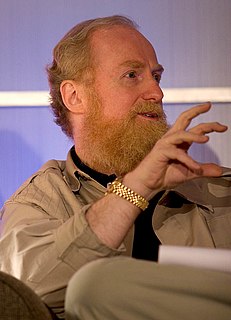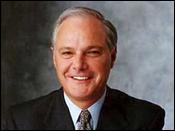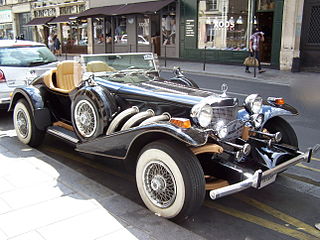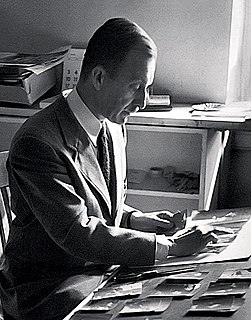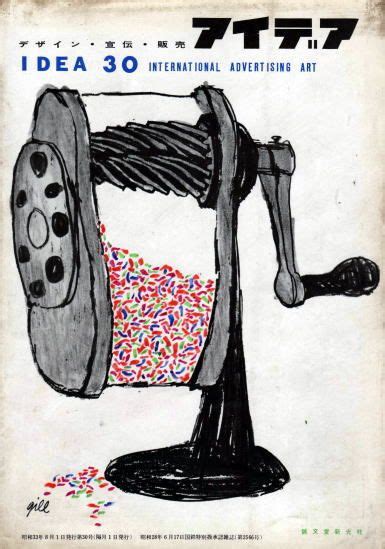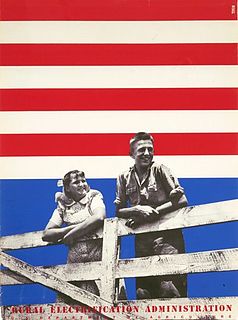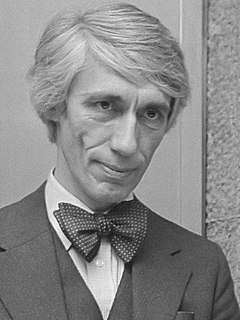A Quote by Paula Scher
If people that made products didn't market them and sell them we'd have no economy and nobody would be working.
Related Quotes
If India is an emerging economy with millions of new consumers, sell them the Volvo. Sell them the Cielo car. Sell them whatever you can, hamburgers and KFCs. It?s the middle classes who have moved into being able to own a car, a refrigerator. For them there is this mantra that the General Electric refrigerator is better than some other model, that the Cielo car is fancier than the Ambassador.
You cannot just depend on the market, because the market will say: China needs oil; China needs coal; China needs whatever, and Africa has got all these things in abundance. And we go there and get them, and the more we develop the Chinese economy, the larger the manufacturing is, the more we need global markets - sell it to the Africans which indeed might very well destroy whatever infant industries are trying to develop on the continent. That is what the market would do.
Think of what big governments have gotten up to in this century : not one, but two world wars, the gulag, the holocaust, aerial bombing of civilian population centers, the Berlin Wall, nuclear explosions, the post office. A wicked individual might want these, but he wouldn't have the cash and connections to get them. A villainous corporation could afford them but has to market the products. The Vietnam draft would be a tough sell for even the most fiendish businessmen. "Get shot! Get killed! Get diseases from foreign women who despise you in their hearts!"
I would have people send me shoes and I had 40 pairs and none would fit in the dorm room. People would come by and be like, "Yo, I've been looking for these shoes." I was like, "I'll sell them to you for $300 right now." I'd sell them, save up $4,000 to $5,000, go to the mall and just buy a bunch of new stuff.
What most people really object to when they object to a free market is that it is so hard for them to shape it to their own will. The market gives people what the people want instead of what other people think they ought to want. At the bottom of many criticisms of the market economy is really lack of belief in freedom itself.










